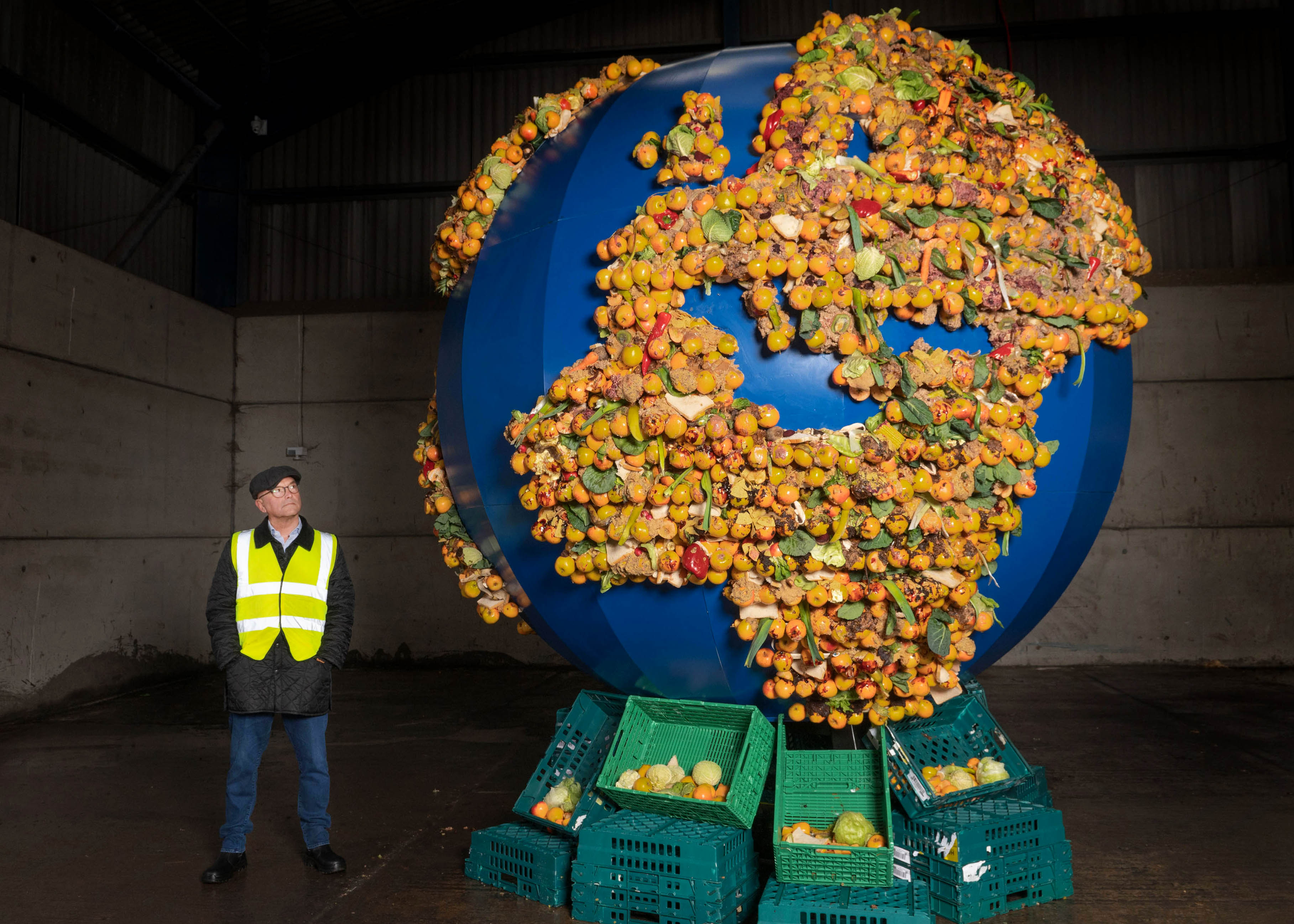UK households throw away the equivalent of eight meals a week on average
Households are the biggest contributor to food waste in the UK, making up 70 per cent of the total

UK households throw away the equivalent of eight meals a week on average, contributing to climate change and wasting money amid a cost of living crisis.
The UK discards 6.6 million tonnes of household food waste a year, according to sustainability charity Waste and Resources Action Programme (WRAP), which collects data on food waste and is behind the campaign Love Food Hate Waste which launched a Food Waste Action Week Monday.
The campaign aims to encourage people across the country to reduce food waste and help combat climate change.
Total household food waste in the UK is responsible for nearly 25 million tonnes of CO2 emissions, the equivalent of 5.4 percent of the UK’s territorial emissions, according to WRAP which reports recycling and food waste data to the Department for Environment, Food and Rural Affairs.
The majority – 4.5 million tonnes – is food that could have been eaten and is worth around £14bn, or £60 a month for a family with two children. It takes an area almost the size of Wales to produce all the food and drink currently wasted in the UK, according to the group.
Despite its environmental impact, research by WRAP found that over two-thirds of UK residents don’t see a clear link between food waste and climate change.
“No one hates seeing good food go to waste more than I do, and often it’s simple changes in how we store food that make the biggest difference,” said TV presenter and MasterChef judge, Gregg Wallace, who is supporting Food Waste Action Week. “We really need to be part of the solution for the sake of the planet.”
This year’s campaign puts an emphasis on frozen food, as nearly 20 percent of people discarded some in the last two weeks. But if used properly, the freezer can help cut back on food waste.
Households are the biggest contributor to food waste in the UK, making up 70 per cent of the overall total, according to a recent report by the Office for National Statistics. This dwarfs other sectors, with manufacturing accounting for around 16 per cent of food wasted in the UK, hospitality and food service approximately 12 per cent and grocery retail three percent.
The Food Waste Action Week comes as millions of households across the UK are feeling the pinch as petrol prices and food costs climb. People are also bracing themselves for further financial pain when energy bills skyrocket from 1 April.
“With food prices going up and other pressures on disposable income, the savings you’ll make to the family budget by wasting less food are significant,” said Wallace.
The most wasted food and drink items include: potatoes, bread, milk, pre-prepared and home-made meals, pork and poultry.
Some tips for reducing food waste can be found on Love Food Hate Waste’s website and include planning portions and storing fruit in the fridge rather than the fruit bowl.
Join our commenting forum
Join thought-provoking conversations, follow other Independent readers and see their replies
Comments
Bookmark popover
Removed from bookmarks